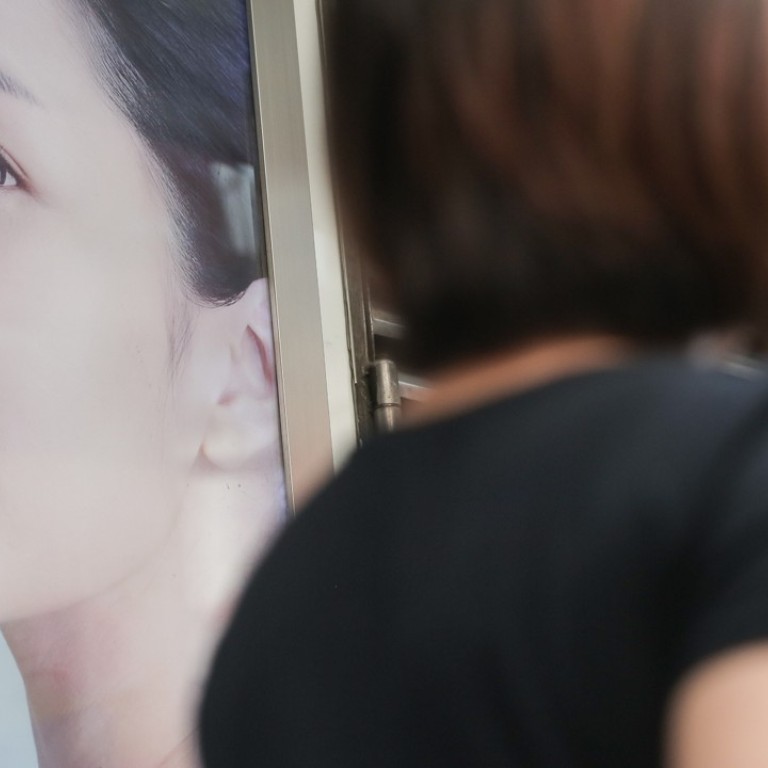
Hong Kong lawmakers need to act on beauty industry
Tragic incidents underline the need for stronger regulation of the use of certain devices and procedures outside hospitals and the licensed medical sector
The death of the woman five years ago after transfusion therapy prompted the government to issue guidelines calling for “high risk” procedures such as Botox, dermal fillers and chemical peels to be administered by doctors. Alarmingly, a recent poll by the Consumer Council found that beauticians, not doctors, still treated most clients when services required medical procedures. The council’s research indicated practitioners and clients often had only a vague idea of the distinction between beauty services and “medical beauty”.
In a Legco paper, the bureau says the beauty industry considers it should delineate “medical devices” and “beauty devices” and set less stringent requirements for the latter. But the bureau found it impracticable and that may be for the best. The simpler the definitions and regulations, the more likely they are to protect clients unambiguously. The aim now should be to submit legislation to lawmakers before any more tragic or serious incidents occur.

